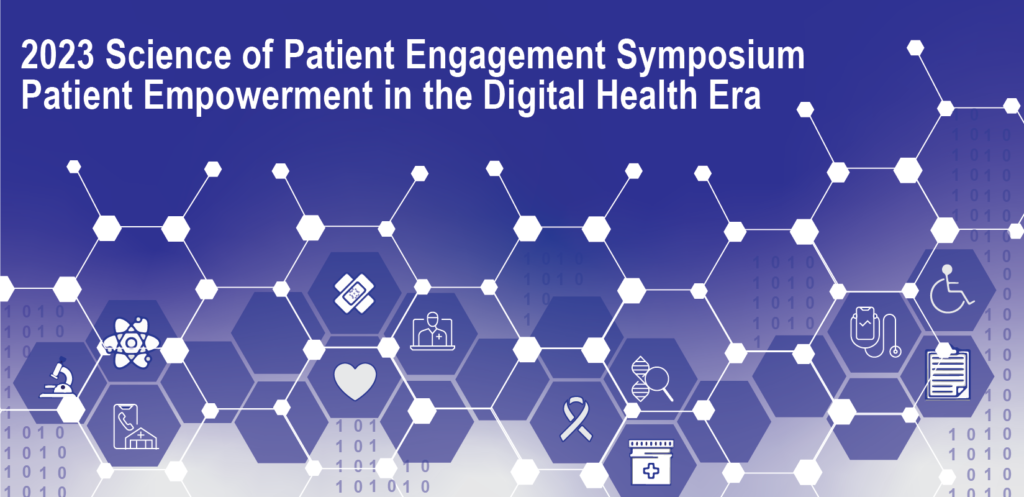
Speakers
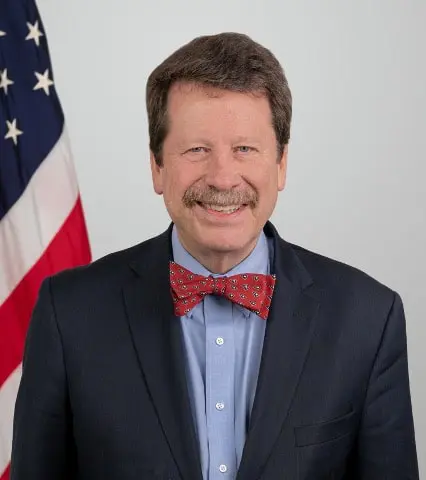
Keynote Speaker:
Robert M. Califf, MD, MACC, Commissioner of Food and Drugs, Food and Drug Administration
Dr. Robert M. Califf was confirmed earlier this year as the 25th Commissioner of Food and Drugs. As Commissioner, Dr. Califf oversees the full breadth of the FDA portfolio and execution of the Federal Food, Drug, and Cosmetic Act and other applicable laws. This includes assuring the safety, effectiveness, and security of human and veterinary drugs, vaccines and other biological products for human use, and medical devices; the safety and security of our nation’s food supply, cosmetics, dietary supplements, products that give off electronic radiation; and the regulation of tobacco products. This is Dr. Califf’s second stint as Commissioner. He also served in 2016 as the 22nd Commissioner. Before assuming the position at that time, he served as the FDA’s Deputy Commissioner for Medical Products and Tobacco. Dr. Califf has had a long and distinguished career as a physician, researcher, and leader in the fields of science and medicine. He is a nationally recognized expert in cardiovascular medicine, health outcomes research, health care quality, and clinical
research, and a leader in the growing field of translational research, which is key to ensuring that advances in science translate into medical care.
Prior to rejoining the FDA in 2022, Dr. Califf was head of medical strategy and Senior Advisor at Alphabet Inc., contributing to strategy and policy for its health subsidiaries Verily Life Sciences and Google Health. He joined Alphabet in 2019, after serving as a professor of medicine and vice chancellor for clinical and translational research at Duke University. He also served as director of the Duke Translational Medicine Institute and was the founding director of the Duke Clinical Research Institute.
Dr. Califf is a graduate of Duke University School of Medicine. He completed a residency in internal medicine at the University of California, San Francisco and a fellowship in cardiology at Duke.
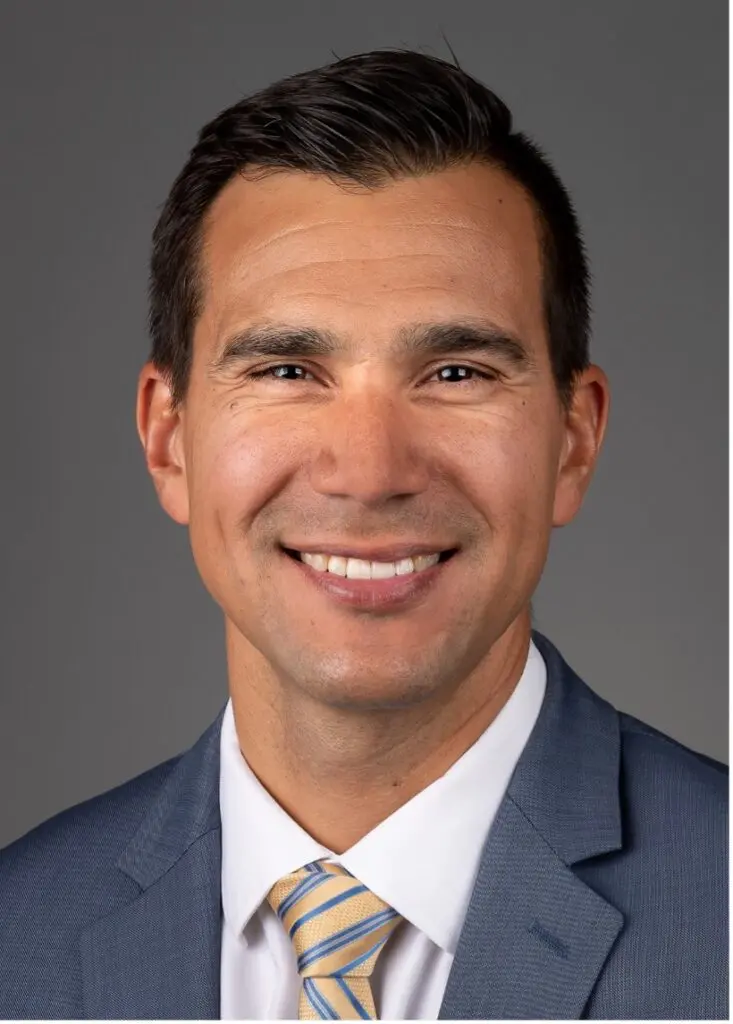
Brian Anderson, MD, Chief Digital Health Physician, MITRE
Session 6 Speaker: Patient Experience Healthcare Metrics
Dr. Brian Anderson is chief digital health physician at MITRE, where he leads research and development efforts across major strategic initiatives in digital health alongside industry and the U. S. government. Anderson is responsible for co-founding the Coalition for Health AI (CHAI), and the VCI™ coalition of more than 1,000 organizations assembled during the COVID-19 pandemic to work towards interoperable and verifiable clinical information; leading MITRE’s development of machine learning techniques to leverage real world health data; and linking genomic and clinical data to provide insight into the efficacy of therapeutics and vaccines. He also leads MITRE’s largest health R&D effort in oncology and personalized medicine. His team helps to architect, implement, and analyze health data and information systems for federal agencies, including HHS, CMS, the FDA, and VA.
Anderson is an internationally recognized author and expert in digital health, and is regularly engaged as a speaker on digital health innovation, health standards
development, clinical decision support systems, and interoperability. He has been quoted in leading publications, including CBS News, CNN, Fast Company, Forbes, STAT,
and USA Today. Prior to joining MITRE, Anderson led the Informatics and Network Medicine Division at athenahealth, where he launched a new model of clinical decision support leveraging artificial intelligence. He has also served on several national health information technology committees in partnership with the Office of the National Coordinator.
Anderson completed his clinical training at Massachusetts General Hospital and practiced in Greater Lawrence (MA). He completed his B.A. and M.D. degrees at Harvard College and Harvard Medical School.
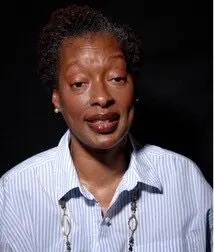
Tanisha Armstrong, Patient Advocate
Session 4 Speaker: Fireside Chat: Intersectional Perspectives in Medical Technology
“If you are not a part of the solution, then you are a part of the problem.” That is the guiding principle of Tanisha Armstrong’s life. She is an educator, advocate, and leader who has spent more than 30 years supporting nonprofits, faith communities, businesses, and individuals in moving their missions forward. Tanisha believes in the power of collective purpose and has spent most of her career building multi-disciplinary coalitions. Currently, she is pursuing graduate studies in public health at Emory University, while navigating widowhood, motherhood, and chronic autoimmune disease.
Health advocacy has truly been the difference between life and death for her and those she loves. It is the driving force behind her commitment to impact systemic contributors to health disparities. Her life has made this very personal and leads her to engage as patient, advocate, and professional. Tanisha believes strongly in participatory learning and so, in 2022, she was part of the inaugural University of Maryland School of Pharmacy’s PATIENTS Professor’s Academy, which focused on
patient-centered research through community engagement. Such experiences are what she pursues to fortify her personal experience with professional development.
A first-generation Caribbean-American, passionate historian, and writer, Tanisha can always be found pursuing opportunities to cultivate compassion and joy both professionally and personally. She relishes in the sound of laughter, the experience of a communal meal, and the beauty of nature. Thankfully, she gets to do these things often while surrounded by her vibrant village, not so little children, and adolescent dog.
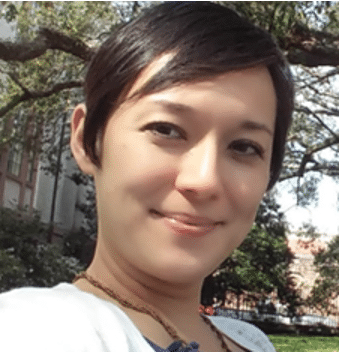
Kathryn Capanna, Deputy Division Director, Division of All Hazard Response, Science and Strategic Partnerships, Food & Drug Administration
Session 2 Panelist: Panel – Enhancing Patient Engagement in Medical Device Development
Kathryn (Katie) Capanna has nearly 20 years of experience in medical device development and regulation. She is dedicated to building productive partnerships and programs to drive more patient-centered medical product innovation, evaluation, access, and care, and to advance health equity. She serves as Deputy Division Director within FDA CDRH’s Office of Strategic Partnerships and Technology Innovation (OST), in the Division of All-Hazards Response, Science and Strategic Partnerships (DARSS). In that role, Katie was part of a management team responsible for FDA’s emergency response to COVID-19, with a focus on helping ensure continued availability of critical medical devices and supplies, by monitoring for shortages and coordinating regulatory and US government mitigations. She also oversees multiple teams that build, manage and coordinate a broad portfolio of strategic programs and partnerships, including the Patient Engagement Advisory Committee (PEAC), CDRH’s participation in Collaborative
Communities and the Medical Device Innovation Consortium (MDIC), the Patient Science and Engagement (PSE) Program, the Medical Device Development Tools (MDDT) Program, the CDRH Network of Experts, and the Patient and Care-Giver Connection (P&CC). Previous roles at FDA include Senior Advisor in the Office of the Center Director, where she led and supported various strategic initiatives around Clinical Trials Innovation, Real World Evidence, and efforts to improve diversity and inclusion in clinical research and product development for medical devices. She began her FDA career in the Division of Cardiovascular Devices, leading multi-disciplinary teams in evaluating an array of life-saving and sustaining technologies, and conducting research and outreach projects working with industry, academia, professional associations, patient organizations, and across government agencies, to advance device innovation and reduce sex and gender disparities in cardiovascular device evaluation and care. Katie is a biomedical engineer by training and spent some time in MedTech industry as well as academic research prior to her time at FDA. She can be contacted at kathryn.capanna@fda.hhs.gov.
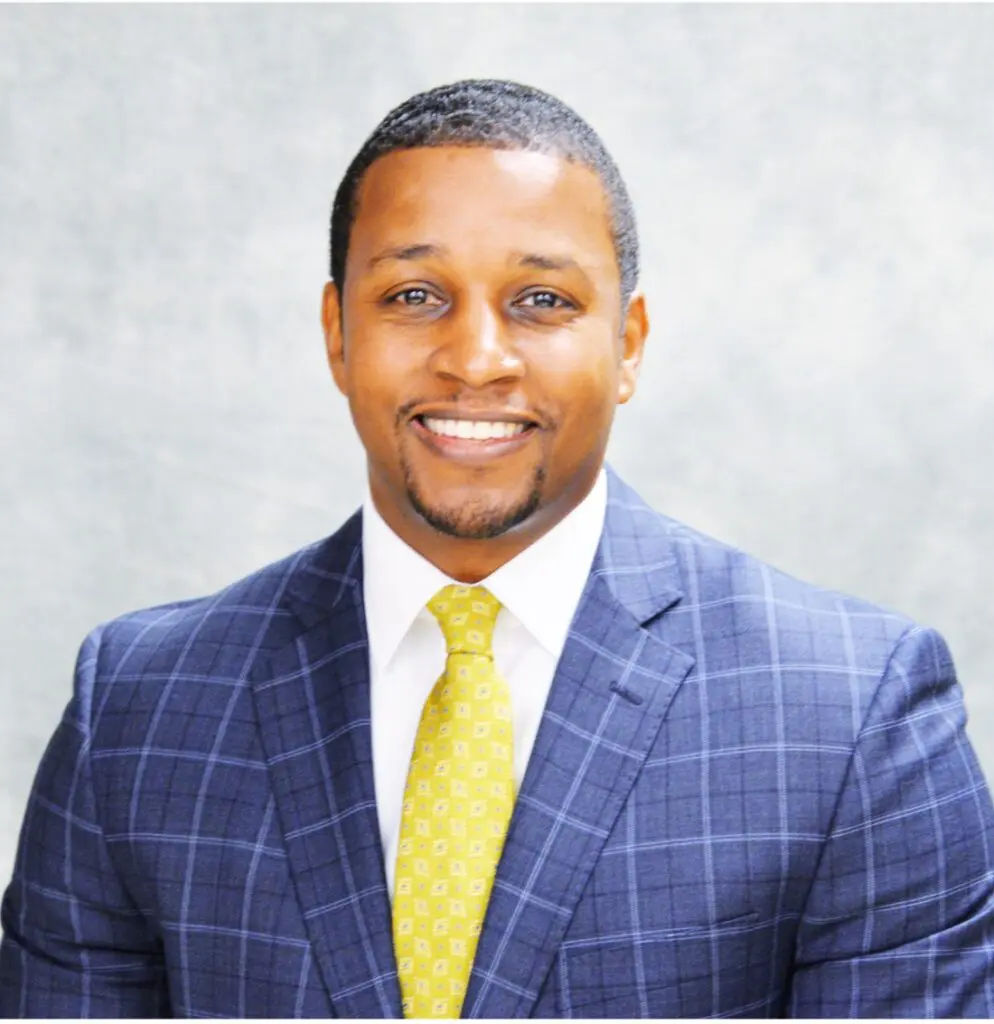
Michael R. Crawford, MHL, MBA, Associate Dean for Strategy, Outreach, & Innovation, Howard University College of Medicinee
Session 4 Speaker: Fireside Chat: Intersectional Perspectives in Medical Technology
Mr. Michael Crawford, MBA, MHL, is the Associate Dean for Strategy, Outreach, and Innovation (ADSOI) at the Howard University College of Medicine, Founder and Executive Director of Howard University’s 1867 Health Innovations Project, Host and Executive Producer of The 21st Century Health podcast, and Co-Founder of Digital HealthEx. Mr. Crawford serves as a strategic advisor to the Dean of Howard University College of Medicine and Vice President of Clinical Affairs and collaborates with medical science, health, academic, and HU Board leadership to advance Howard University’s academic, health, and innovation mission.
Prior to Howard University, Mr. Crawford served as the Chief of Staff at Unity Health Care, Inc., one of the largest health center networks in the United States. Prior to Unity, Mr. Crawford held leadership positions at Johnson & Johnson, GlaxoSmithKline, Gannett Company, nonprofits, and start-ups.
Mr. Crawford serves on numerous national and local committees, including a Board Trustee of Cancer Research Institute, member of 2023 Health Datapalooza Advisory Committee, member of Robert Wood Johnson National Commission to Transform Public Health Data Systems, member of American Essential Hospitals Education Committee, member of the Advisory Board of National Minority Quality Forum, member of HIMSS Global Health Equity Network, member of the Academy of Health and Robert Wood Johnson Foundation Health Service Research Learning Community, and member of the District of Columbia Complete Count Committee.
Mr. Crawford holds a Master of Science in Healthcare Leadership (MHL) with a concentration in healthcare administration and management from Brown University, and Master of Business Administration (MBA) with a concentration in strategic management and finance from The George Washington University.
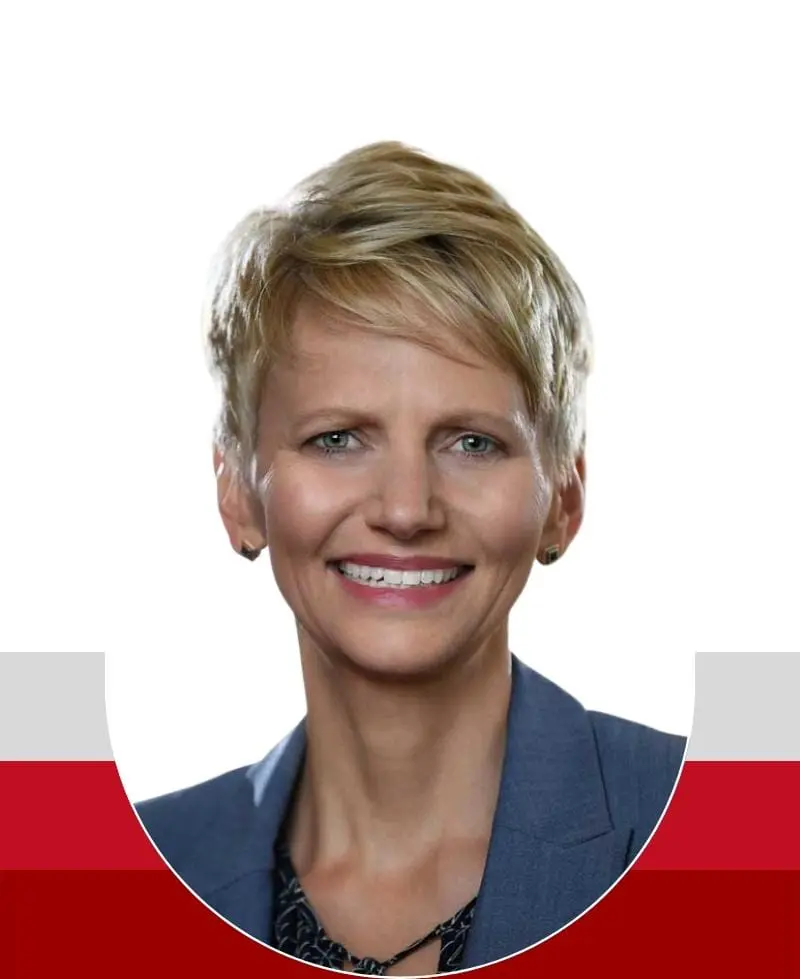
Jennifer Hall, PhD, Chief for Data Science, American Heart Association
Session 5 Speaker: AI: An Intervention Point for Patient Shared-Decision Making
Dr. Jennifer Hall is the Chief of Data Science and the co-director of the Institute for Precision Cardiovascular Medicine at the American Heart Association. She leads the Association’s groundbreaking initiatives in cardiovascular medicine by leveraging data analysis, new technologies and strategic alliances to fulfill the promise of precision medicine: that integrating real-world data can enable and accelerate the development of innovative solutions to prevent or mitigate the impact of chronic diseases.
At the intersection of health, technology and science, Dr. Hall leads a highly diversified team of experts in data science, health research, metrics and evaluation, health technology and products. These powerful factors come together to drive new evolutions in science through the Association’s Precision Medicine Platform, a cloud-based technology solution that empowers the global medical research community to accelerate breakthroughs in cardiovascular and brain diseases. Dr. Hall also leads the Research Goes Red initiative, which calls on women throughout the U.S. to contribute to health research.
Dr. Hall oversees a diversified research grant portfolio focused on funding impactful and groundbreaking areas of health research. Since 2013, the Institute has invested more than $30 million in 95 grant awardees ranging from collaborative teams of geneticists and engineers to data scientists and imaging experts.
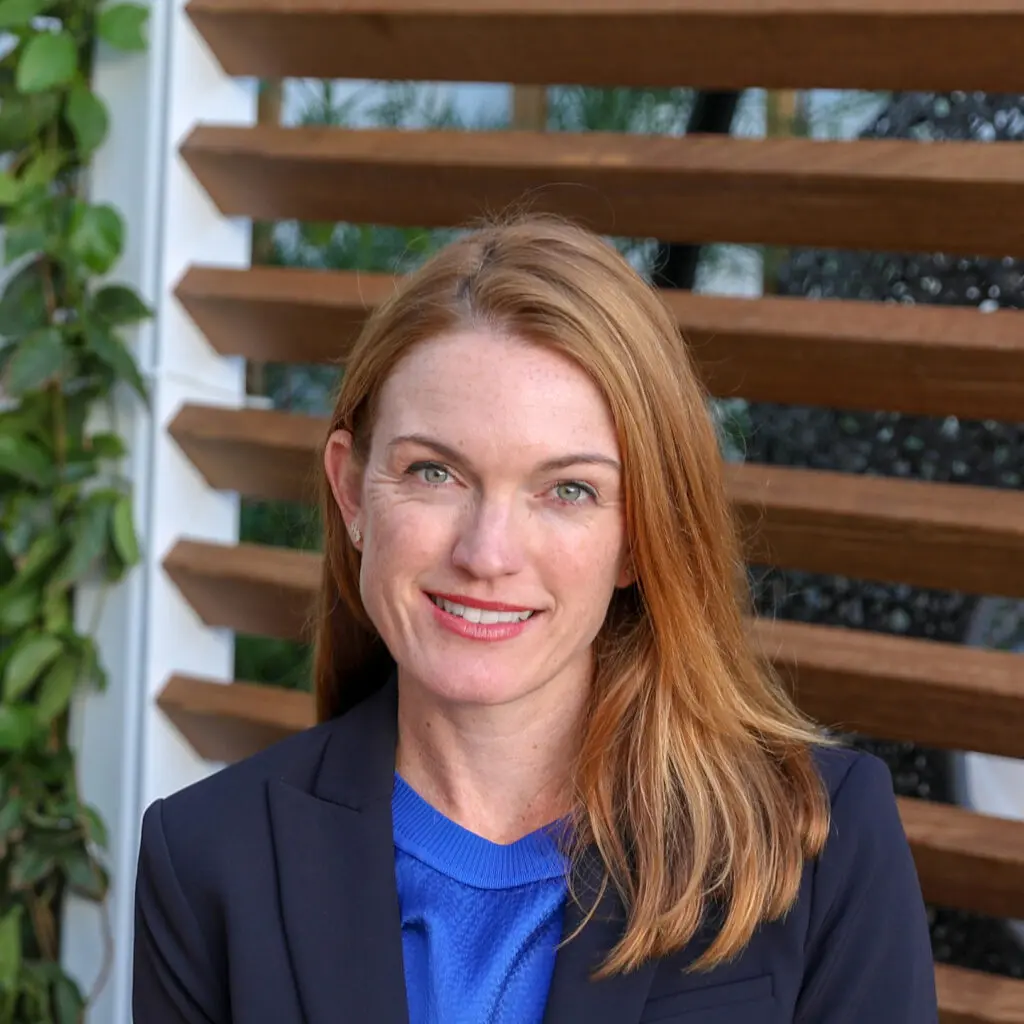
Megan Jones Bell, PsyD, Clinical Director of Consumer and Mental Health, Google Health
Session 3 Speaker: Blockchain Innovation and Big Data, Connecting Patients
Dr. Megan Jones Bell is clinical director of consumer and mental health at Google and gets to think about how to improve health for billions of people. She was formerly chief strategy and science officer at Headspace and helped guide Headspace through its transformation from a meditation app into a comprehensive digital mental health platform, Headspace Health. Megan founded one of the first digital mental health start-ups, Lantern, where she pioneered blended mental health interventions leveraging software and coaching. Megan started her career at Stanford University where she was an assistant professor in Psychiatry and Behavioral Sciences. At Stanford and in her work with the European Union Megan developed and disseminated over two dozen evidence-based digital mental health interventions and conducted research in the US, Europe, India, and Brazil. Megan clinically specializes in the treatment of adolescents and young adults and is an expert in the prevention and treatment of eating disorders and obesity. Megan serves on the Board of the Child Mind Institute, Castilleja School and the Scientific Advisory Board for HFC.
Megan is a Fellow of the Aspen Institute Health Innovators Fellowship and a member of the Aspen Global Leadership Network.
Megan earned her bachelor’s degree in psychology, graduating cum laude from University of California, San Diego. She received her master’s degree and doctorate in clinical psychology from PGSP-Stanford University and completed fellowships at Yale University and Stanford University School of Medicine.
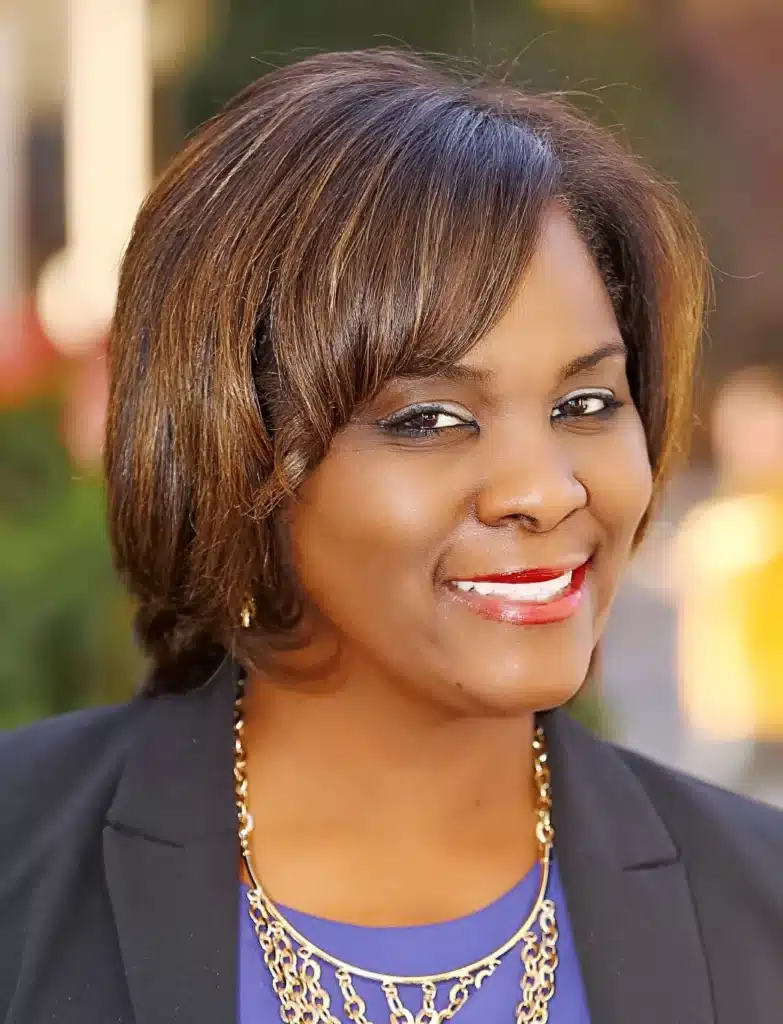
Nicol Turner Lee, PhD, Senior Fellow of Governance Studies and Director for the Center of Technology Innovation, Brookings Institution
Session 1 Speaker: Bridging the Digital Divide: Disparities and Diagnosis Through Telehealth
Dr. Nicol Turner Lee is a senior fellow in Governance Studies, the director of the Center for Technology Innovation, and serves as Co-Editor-In-Chief of TechTank. Dr. Turner Lee researches public policy designed to enable equitable access to technology across the U.S. and to harness its power to create change in communities across the world. Her work also explores global and domestic broadband deployment and internet governance issues. She is an expert on the intersection of race, wealth, and technology within the context of civic engagement, criminal justice, and economic development.
Dr. Turner Lee comes to Brookings from the Multicultural Media, Telecom and Internet Council (MMTC), a national non-for-profit organization dedicated to promoting and preserving equal opportunity and civil rights in the mass media,
telecommunications, and broadband industries, where she served as vice president and chief research and policy officer. In this role, she led the design and implementation of their research, policy and advocacy agendas.
Prior to joining MMTC, Dr. Turner Lee was vice president and the first director of the Media and Technology Institute at the Joint Center for Political and Economic Studies, the nation’s leading think tank on issues related to African Americans and other people of color. In this role, she led the technology research agenda that was focused on advancing digital equity and inclusion for historically disadvantaged populations. Her most notable work was her development of the first national minority broadband adoption study in 2009 that was later cited in the congressionally mandated Federal Communications Commission’s National Broadband Plan.
Dr. Turner Lee graduated from Colgate University magna cum laude and has a M.A. and Ph.D. in Sociology from Northwestern University. She also holds a Certificate in Nonprofit Management from the University of Illinois-Chicago. Dr. Turner-Lee is a Visiting Scholar at the Center for Gender Equity in Science and Technology at Arizona State University. She also serves on the Federal Communications Commission broadband advisory working group and digital diversity working group. In her free time, Dr. Turner Lee is Chair of the Telecommunications Policy Research Conference (TPRC), which is committed to joining policymakers and academics around significant tech policy issues
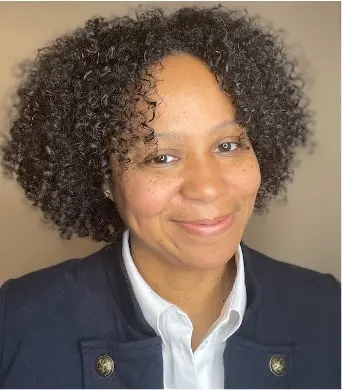
Cherise Shockley, Patient Advocate for Diabetes
Session 2 Panelist: Panel – Enhancing Patient Engagement in Medical Device Development
Cherise Shockley has 14 + years of digital communications expertise in the healthcare industry. She works in corporate communications as a digital-social media manager for diagnostics company. In 2019, she became the first community manager for The diaTribe Foundation. In this role, she managed social media marketing and supported strategic communication for healthcare consumers, healthcare providers, and industry audiences. Prior to diaTribe, she spent eight and half years working at Roche Diabetes Care in different roles, including social media marketing specialist.
Cherise has been a frequently invited participant, panelist, and speaker for the government, professional organizations, and industry. Highlights include the Food and Drug Administration, World Health Organization (WHO) Informal Consultation for People Living with Diabetes, International Diabetes Federation, and Medical Device Innovation Consortium. She serves on the Board of Directors at Children with Diabetes. Cherise was a NextGen Mentor for the College Diabetes Network, a Medtronic Global Champion, and a diabetes consumer and community expert
In addition, Cherise regularly provides education to healthcare providers about patient-provider relationships, patient engagement, and digital communication strategies at conferences. She is a citizen researcher with collaborators at the University of Utah and Baylor College of Medicine.